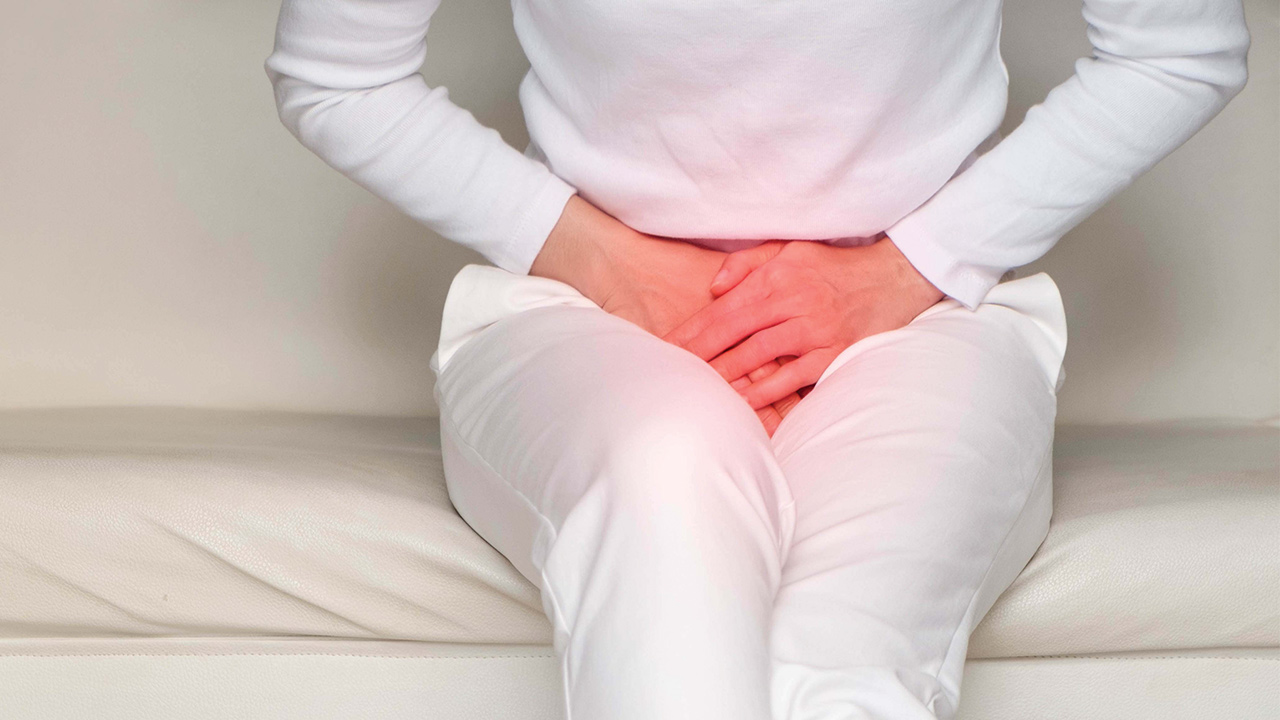Urinary incontinence is a frequent problem among older adults. Caring for an elderly parent with urinary incontinence can be very challenging. Incontinence can range from mild leaking of urine, to uncontrollable wetting. Inform your caregiving decisions by starting with an understanding of the four main types of urinary incontinence.
Stress Incontinence
Stress incontinence happens when urine leaks during exercise, coughin, sneezing, laughing, lifting heavy objects or other body movements that put pressure on the bladder.
It may be due to weakened pelvic muscles, but other causes of stress incontinence include:
- Weakening of muscles that hold the bladder in place, or weakening of the bladder itself
- Weakening of the urethral sphincter muscles
- Damage to the nerves controlling the bladder from diseases such as diabetes, stroke, Parkinson's disease and/or multiple sclerosis, or from treatment of gynecologic or pelvic cancers with surgery, radiation or chemotherapy
- In women, a hormone imbalance or a decrease in estrogen following menopause, which can weaken the sphincter muscle
- In men, benign prostatic hyperplasia (a noncancerous overgrowth of the prostate gland), prostate cancer or prostate surgery
Urge Incontinence
Urge incontinence happens when people can't hold their urine long enough to get to the toilet in time. Healthy people can have urge incontinence, but it is often found in people who have other health conditions such as:
- Diabetes
- Stroke
- Alzheimer's disease
- Parkinson's disease
- Multiple sclerosis
- Tumors or cancer in the uterus, bladder or prostate
- Interstitial cystitis (inflamed bladder wall)
- Prostatitis (inflamed prostate)
- Prostate removal, cesarean section, hysterectomy, or surgery involving the lower intestine or rectum
This condition is also known as spastic bladder, overactive bladder or reflex incontinence. Urge incontinence is marked by a need to urinate more than seven times daily or more than twice nightly.
Overflow Incontinence
People with overflow incontinence cannot completely empty their bladders. Overflow incontinence happens when small amounts of urine leak from a bladder that is always full. A man can have trouble emptying his bladder if an enlarged prostate is blocking the urethra. Diabetes and spinal cord injury can also cause this type of incontinence.
A constantly full bladder triggers frequent urination or a constant dribbling of urine, or both.
This type of incontinence is often caused by bladder muscles weakened as a result of nerve damage from diabetes or other diseases. It can also occur when the urethra is blocked due to kidney or urinary stones, tumors, an enlarged prostate in men, female bladder surgery that is too tight, or a birth defect.
Functional Incontinence
Functional incontinence happens in many older people who have normal bladder control. They just have a hard time getting to the toilet in time because of arthritis or other disorders that make moving quickly difficult.
